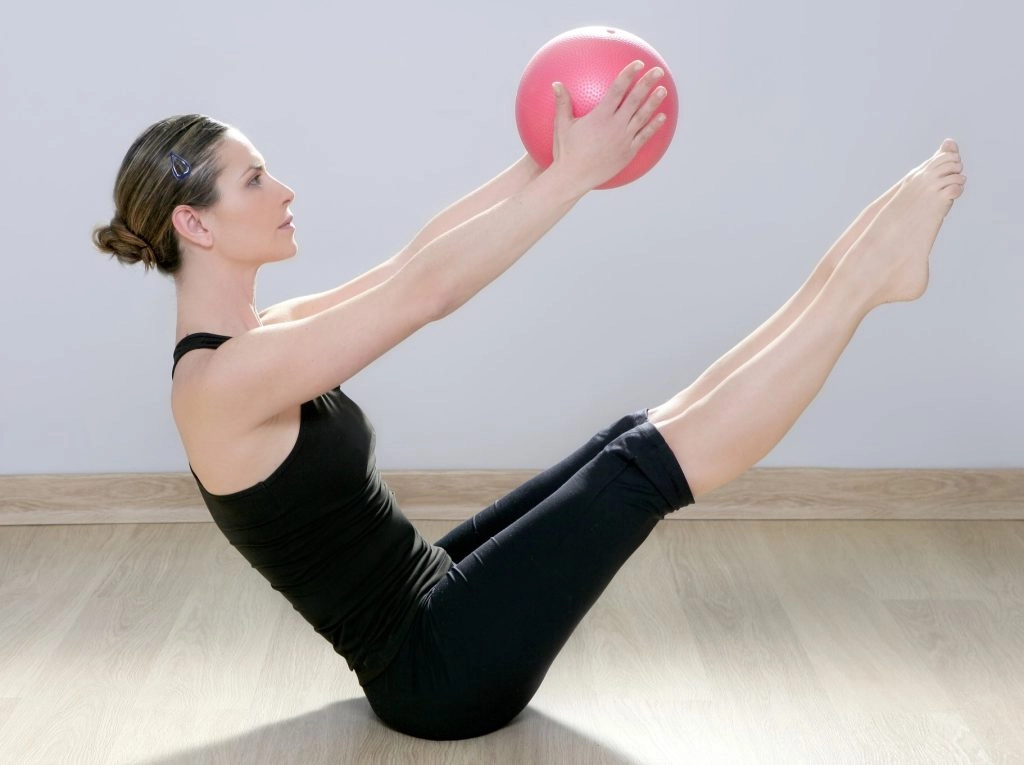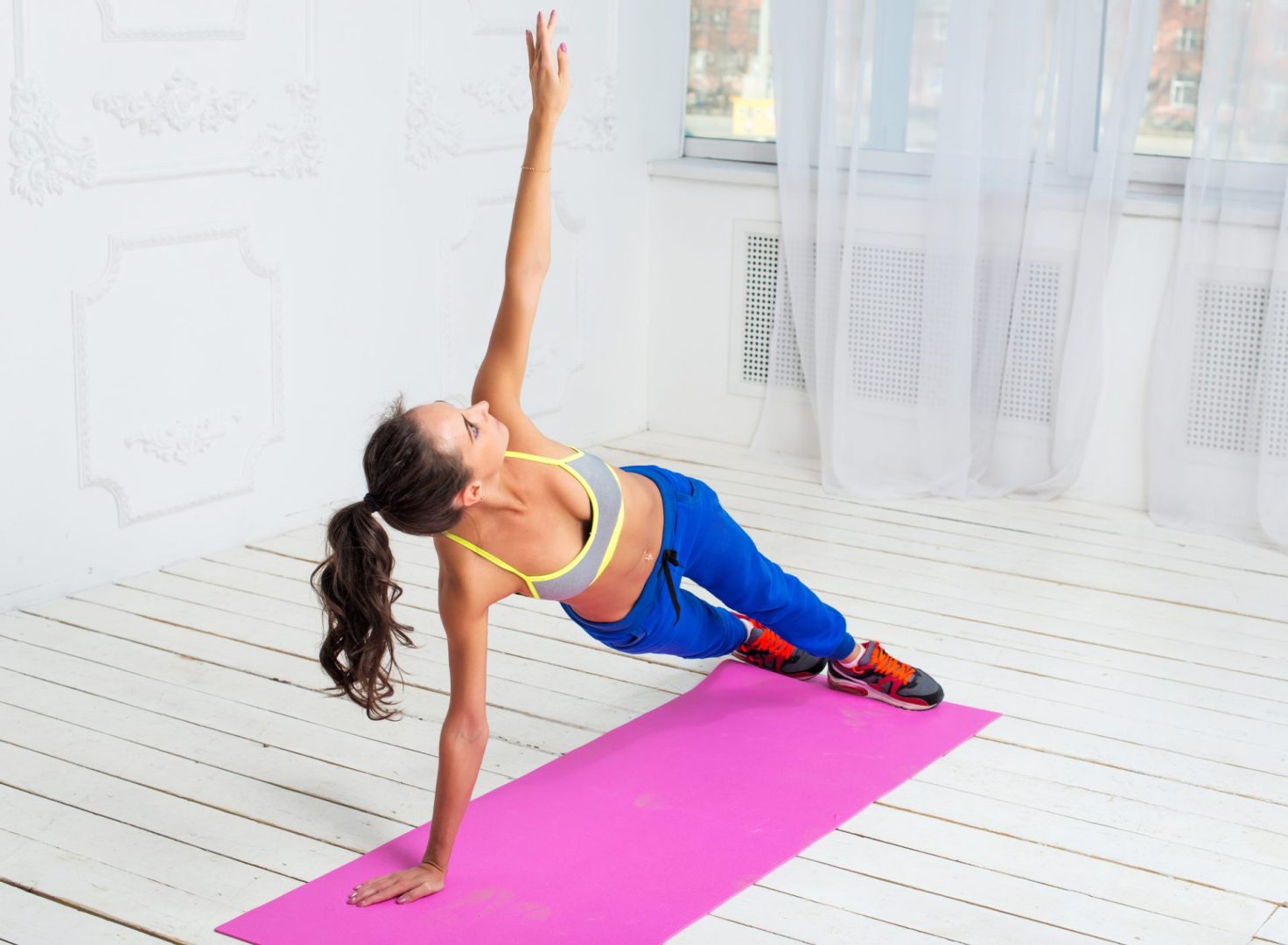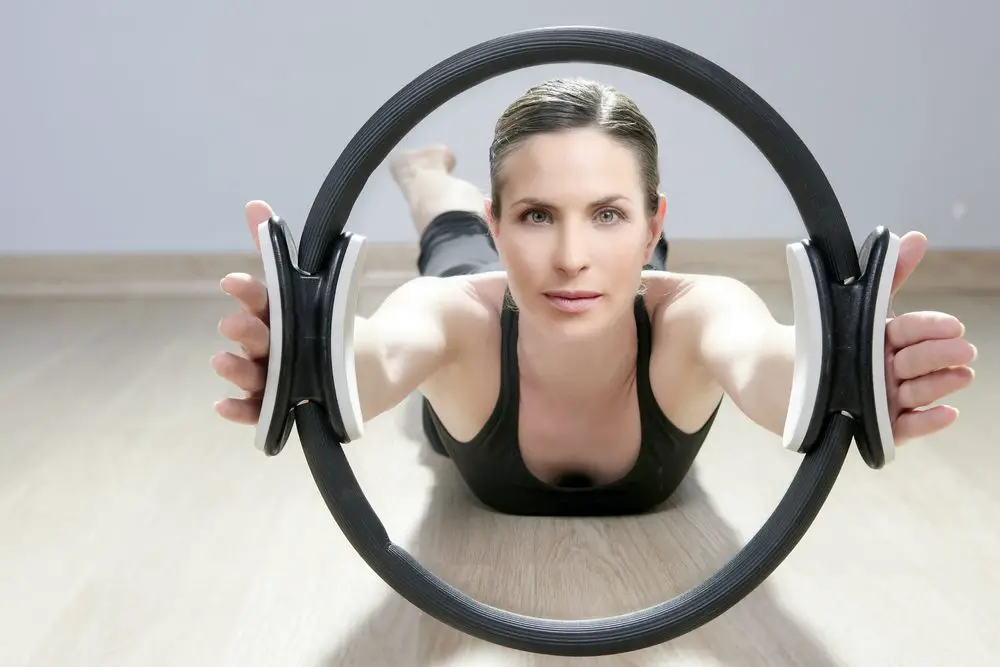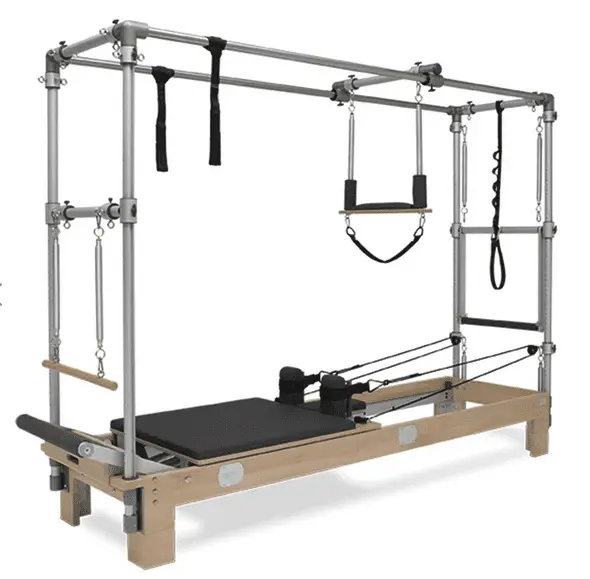Learning

Mental Benefits of Pilates
Pilates is known as a strength and flexibility workout, but not everyone realizes the important mental health benefits. A regular practice of Pilates can boost mood, improve emotional control and even build up the functioning of the nervous system.
If you get into Pilates now, expect to get stronger, both mentally and physically. In addition to strength and good posture, you’ll develop emotional resiliency, better sleep, improved self-confidence and a better mood every day.
What is Pilates?
Pilates is a whole-body exercise method created more than 100 years ago by Joseph Pilates. He developed his method with a focus on core strength and low-impact body-weight movements and exercises.
While the core is the primary focus, a Pilates workout targets all of the body, strengthening each muscle group. It uses static poses and slow movements with an emphasis on connecting the mind and body. You’re supposed to think about each movement as you do it and also connect your breathing to each exercise.
You can do Pilates alone at home or in classes and one-on-one with instructors. It can be a simple series of mat exercises with no other equipment but also a workout you can do with equipment and props. It allows you to progress from easy, simple movements to more complicated, challenging ones.
Pilates has a lot of physical benefits. It improves overall strength, especially in the core; it improves balance and corrects posture; it helps to align the spine properly; and it can reduce pain and help individuals recover from injuries. Pilates also builds overall strength to support performance in everyday movements but also in athletics.
Exercise and Mental Health
Researchers have proven over and over again that exercise and being physically active is good not just for the body but also the mind. The American Psychological Association even pushes for more therapists and other mental health professionals to prescribe exercise for managing symptoms. There are several reasons that exercise, including Pilates, is so good for mental health:
- Any type of exercise provides an immediate mood boost.
- Physical activity boosts production of neurotransmitters that fight depression.
- Being active or playing a sport distracts the mind from ruminating on negative thoughts.
- Exercise helps reduce the fight-or-flight feeling that people with anxiety or panic disorder experience.
- Exercise produces a feeling of accomplishment and improves self-confidence and self-esteem.
- Fitness, especially with goals to achieve, provides a sense of purpose.
- Exercise reduces stress.
- Many people exercise with others, and any social activity improves mental health.
- Exercise improves many physical health conditions and symptoms, including insomnia, weight, and fatigue, which in turn boost mental health.
Any kind of exercise or regular activity can provide these benefits, but there are proven reasons that Pilates is helpful in boosting mood, easing stress, improving sleep, increasing cognitive function, and more.
Pilates Can Improve Memory and Other Cognitive Functions
Cognitive function—thinking, memory, learning, reasoning, developing new skills—naturally decreases with age. Exercise alone will slow this decline and even boost cognitive function, but Pilates provides additional benefits.
Pilates requires you to use your brain and your body to do the movements and to coordinate your breathing with how your body moves. It essentially trains your brain in a new skill, which is a proven way to improve cognitive function and to slow age-related declines in brain performance.
Learning to do Pilates is more mentally demanding than many other types of exercise, for instance running or lifting weights. Those are beneficial, too, but Pilates combines two important factors in improving brain health: physical activity and learning new skills. Pilates movements get progressively more complicated, so learning each new one represents another chance to build a skill for both physical and mental health.
Use Pilates to Treat Insomnia
Another proven benefit of exercise of any type is better sleep. Insomnia is as big problem for many people. It can cause difficulty falling asleep or staying asleep and also interfere with quality of sleep. Many people fall short of the recommendation of six to eight hours of quality sleep per night for good health. While some people turn to medications, recent research indicates that exercise is just as effective, if not more so, in reducing insomnia.
Pilates is an effective exercise to improve sleep. While high-intensity aerobic or strength training exercise can be stimulating too late in the day, you can do Pilates even before bed and still find that it helps you sleep more.
Some studies have even looked specifically at Pilates and its impact on sleep. One paper reviewed several such studies with promising conclusions. In total, the studies included nearly 500 participants. Every study reported positive benefits of regular Pilates practice on sleep quality as compared to people who did not exercise and even those who used medical sleep aids.
Pilates is likely useful for better sleep for a couple of reasons. One is simply that it is a type of exercise. Any regular activity improves sleep duration and quality. Pilates is more meditative than many other types of exercise, though, and this may give it an extra boost in terms of sleep. It calms the mind and prepares it for sleep by reducing stress, anxiety and depression.
Pilates Relieves Stress
Stress is a common mental health issue for most people, not just those with a diagnosed mental illness. Stress can be a good, motivating factor, but it can also be overwhelming, persistent and bad for both physical and mental health.
Excessive, chronic stress can cause headaches, digestive issues, high blood pressure and high blood sugar. It can even weaken the immune system. Of course, stress also has serious mental health consequences: depression, anxiety, panic, insomnia, and worsening symptoms for existing conditions.
Pilates is a great exercise choice for managing and reducing stress, and not just because it’s a physical activity. All exercises reduce cortisol, the stress hormone, but Pilates also forces you to focus on breathing and the connection between your mind and body movements.
This connection and inward focus help to reduce the fight-or-flight response you feel when stressed. Essentially, it supports better function of the nervous system, down-regulating the stress hormone and the body and brain’s response to it.
Pilates Can Help Manage Depression and Anxiety
If you have a diagnosed mental illness, especially a mood disorder, Pilates can help you manage symptoms along with professional mental health care. Any kind of exercise boosts mood temporarily, but it may also provide long-term benefits.
In a paper that reviewed several studies, researchers found a significant connection between Pilates and a reduction in symptoms of both depression and anxiety. Each study measured symptoms at the beginning and then placed participants in a control group or a group that began a regular Pilates practice. Those in the Pilates group saw measurable improvements in symptoms but also increased energy and decreased fatigue.
Other studies have looked at each condition separately. In terms of anxiety, researchers find that Pilates improves symptoms in several ways:
- Improved energy
- Increased sleep and sleep quality
- Distraction from negative thinking
- Relaxed muscle tension
- Breathing exercises that regulate emotions
- Improved circulation and blood flow to the brain
- Improved attention and concentration
For depression, the benefits are similar. A major characteristic of depression is rumination. If you have this mental illness, you tend to get stuck in a cycle of negative thoughts that are hard to shake. Exercise, especially with the inward focus that Pilates has, breaks this cycle. Of course, any type of exercise also increases endorphins, the chemicals that boost mood.
Researchers also study Pilates use with particular populations. For example, people with disabilities resulting from multiple sclerosis, elderly adults, and people struggling with obesity see significant mental health benefits when engaging in regular Pilates practice. The results may be greater in these groups because they benefit even more from the physical exercise and the mood boost that Pilates provides.
Develop Greater Emotional Control with Pilates
Even if you don’t have a diagnosed mood disorder, Pilates can help you improve your ability to control your emotions and process difficult and negative feelings. The focus on breathing in Pilates is one of the most important aspects of this workout that relates to emotional control.
Breathing patterns change with different emotions and situations. When scared or stressed, you breathe more rapidly and shallowly. When relaxed at peace, breathing slows and deepens. Pilates helps you become more aware of this connection between the physical (breathing) and the emotional.
Practicing Pilates provides a way to manipulate breathing to manage moods and emotions. If you’re feeling scared, stressed, anxious, or overwhelmed, practicing the same kind of breathing you do in Pilates will help you calm yourself. It allows you to control your response to situations and how you feel in the moment.
Other meditative practices focused on breathing support this benefit of Pilates. Yoga is similar, and of course meditation includes regulated breathing. What makes Pilates a little different is the practice of connecting breathing patterns to your body’s movements, which adds another element of control and managing emotional states.
Pilates Builds Self-Confidence
Any exercise routine, when done regularly, has the potential to boost self-confidence and related feelings like self-worth, purpose and self-esteem. There are many reasons for this. One is simply the fact of setting a goal and accomplishing it. Being more physically active is not easy, as it represents a major lifestyle change and shift in habits. If you set the goal to do it, and follow through, it feels good.
Many other aspects of regular Pilates practice will boost your feelings of self-worth and confidence:
- Pilates improves your overall physical health and feeling of well-being, which will make you feel better about yourself.
- You’ll feel good when you realize how strong your body really is and what it’s capable of doing.
- Regular practice improves strength significantly and can drastically change body composition. When you like how you look, you feel better about yourself.
- You can lose weight doing Pilates, too, which will also boost your self-esteem.
- Pilates is great for improving awareness of your body. After practicing for a while, you’ll begin to notice you move more easily and are more graceful and confident.
- Pilates also improves posture. Standing up straight automatically makes you feel more confident.
- Like other types of exercise, Pilates boosts your mood, which as at least a short-term positive effect on confidence.
- Pilates can look intimidating from the outside, especially with the reformers and other pieces of equipment. Tackling this new type of exercise and succeeding after putting in the work will boost your self-esteem.
- Pilates is often a social activity, which is great for boosting feelings of self-worth.
How to Get the Greatest Mental Health Benefits from Pilates
The mental benefits of Pilates can be profound, but this is not a cure for a mental illness. Use it as a supplement to medical care. If you struggle with anxiety, depression or other mental health issues, see your doctor or contact a mental health professional. They’ll encourage you to add regular exercise to therapy and other treatments.
Whether you have a diagnosed mental health condition or not, the best way to maximize the benefits of Pilates is to make it a habit. Try to be physically active every day to boost your mental health in the short-term and over the course of months and years. Include Pilates at least two times per week to get the specialized benefits of this unique type of workout.
Doing Pilates with friends is not required to benefit your mental health, but it helps. Combining social engagement with physical activity and learning a new skill will really boost the cognitive and other mental benefits.
Pilates is a proven, effective type of workout, both for physical well-being and strength but also for mental and cognitive health. Anyone at any age can do Pilates. If you think you have a limitation, you just need the right coach to modify the workout. The benefits of this workout are worth the time you spend finding the right gym or instructor.




